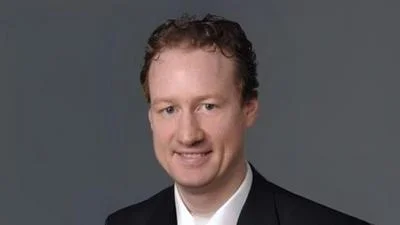Lem's Bar-B-Q is an example of a small business that coiuld be negatively impacted by the new "time off" ordinance. | Wikimedia Commons / Southern Foodways Alliance
Lem's Bar-B-Q is an example of a small business that coiuld be negatively impacted by the new "time off" ordinance. | Wikimedia Commons / Southern Foodways Alliance
The recent passing of a controversial "time off" ordinance by the Chicago City Council has ignited discussions and concerns, with opinions on its potential impact varying widely.
Chicago's Morning Answer host Dan Proft shared his perspective on the ordinance, expressing skepticism about its potential consequences for small businesses.
“Chicago's coming time off ordinance,” Proft said on X.
“What I told a restaurateur friend: Pols don't care if you close. You're a nuisance. A bigger player takes over. If they complain pols posture they're sticking it to the fat cats. Electorate won't connect the dots. IRA will play-act pushback.”
The new ordinance, which was approved by the Chicago City Council's Workforce Development Committee, introduces specific provisions that outline how paid leave will be granted to employees in the city.
Under this ordinance, employees will accrue one hour of paid sick time for every 35 hours worked, capped at 40 hours per year. Additionally, employees will accrue one hour of paid time off (PTO) for every 35 hours worked, also capped at 40 hours per year.
Employers are granted the authority to request documentation after an employee takes three consecutive days of sick time. They can also establish pre-approval policies for PTO.
Another notable aspect of the ordinance is the provision for yearly rollovers. Employees will be allowed to carry over up to 10 days of sick time every year, and up to 2 days of PTO will roll over annually, assuming it has been accrued. However, no rollover is permitted if PTO is front-loaded, meaning employees receive it in full at the beginning of the year.
Regarding payouts, employers with 50 or fewer employees are not obligated to provide payouts for unused sick days, but they are required to provide a full payout for unused PTO days at the end of an employee's tenure.
For employers with 51-100 employees, there is a one-year ramp-up period to reach full payouts, with a maximum of 2 days' payout in 2024.
“The Left talks up small business just like they do the little guy,” Proft added on X.
“They act in furtherance of rich rent-seekers to eliminate competition. The Left loathes the independent operator and his business. The free man and his free enterprise mock the Leftist pol's calling and control.”
Critics have noted the economic challenges faced by the hospitality sector due to regulations imposed by the City of Chicago, emphasizing the lower sales taxes, license fees and mandated payroll costs in neighboring suburbs that put Chicago establishments at a competitive disadvantage.
Chicago's high sales tax rate and impending changes to the tipped minimum wage system further contribute to concerns about the cost of doing business for bars and restaurants in the city.






 Alerts Sign-up
Alerts Sign-up